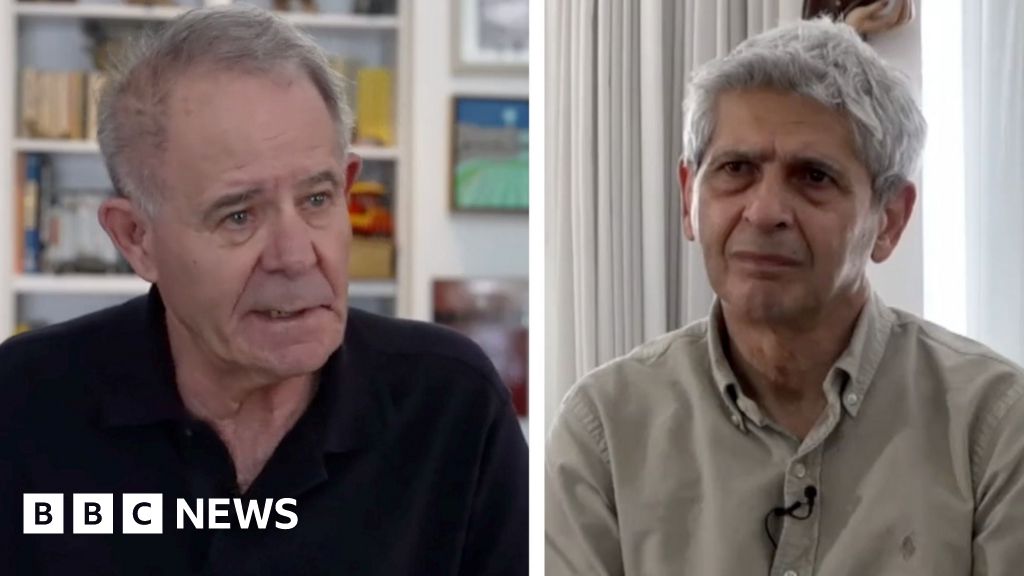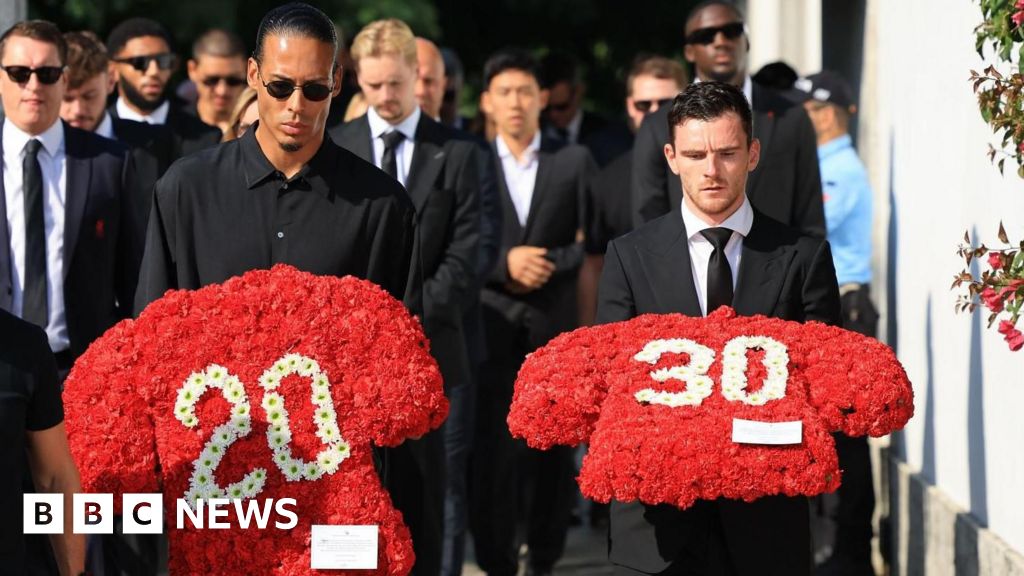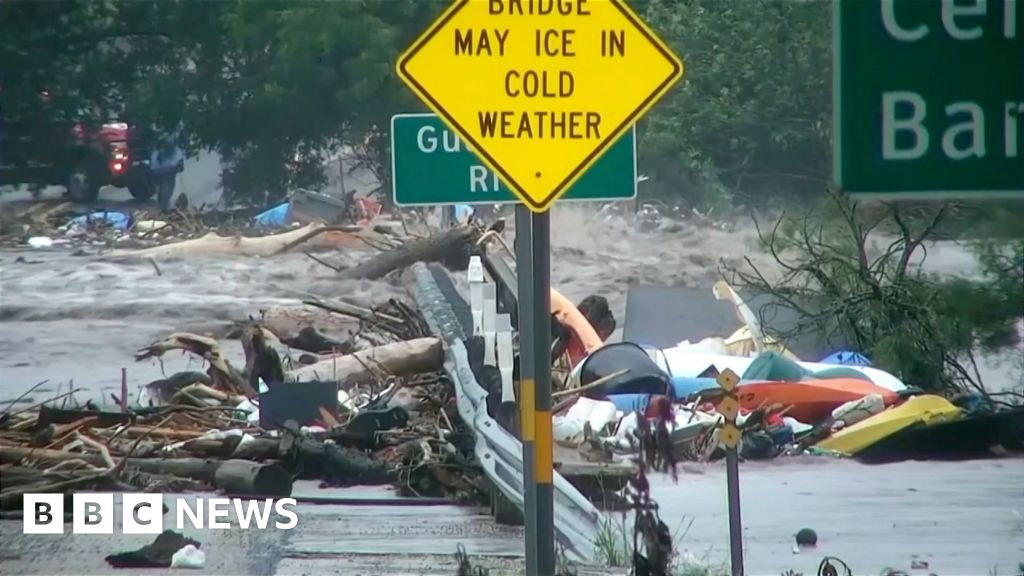Calls to step up and coordinate the interdiction of the unflagged Russian “shadow fleet” of oil tankers in the Baltic Sea were made this weekend ahead of the EU foreign ministers meeting on Monday that is set to impose sanctions on 180 ships, taking the total number of ships sanctioned by the EU to 350.
The efforts to stop the fleet, estimated to be carrying as much as 85% of Russia’s oil exports and so funding roughly a third of Russia’s budget, is seen as a critical proof of the EU’s determination to keep the economic pressure on Russia.
The Ukrainian president, Volodymyr Zelenskyy, spoke on Saturday with the Canadian prime minister, Mark Carney, over the latest steps against the shadow fleet, a group of 500 or so ageing and poorly insured tankers using flags of convenience to export Russian oil to countries like India in defiance of sanctions mounted in 2022 by the G7 countries, including Canada.
But the Lithuanian foreign minister, Kęstutis Budrys, warned that current enforcement is ineffective and now faces the threat of Russian military reprisals. About three loaded shadow tankers per day pass through northern European waters, including the Danish Straits and the Channel.
Speaking at the Lennart Meri conference in Tallinn, Budrys highlighted uncertainty about the law on interdiction in international waters, and fear of an all-out military confrontation with Russia. The Estonian defence minister, Hanno Pevkur, called for all sanctioned ships to be debarred from entering EU economic exclusion zone waters, as they are debarred from entering EU ports. The move would severely restrict the Russian fleet but would arguably breach maritime law.
Related: Russia’s shadow fleet of oil tankers grows despite western sanctions
The battle over the shadow fleet intensified last week when a Russian Sukhoi Su-35 jet flew into Estonian airspace in what looked like a reprisal for a tanker named the Jaguar, likely to be carrying Russian oil, being escorted out of Estonian economic waters by the country’s navy. It was not clear if the ship, already subject to sanctions by the UK, was sailing without any flag registration, the surest legal ground for interdicting a ship.
The Estonian navy believed the ship, part of the Russian shadow fleet, might pose a threat to nearby underwater cables, and contacted it to check its status and registration. Faced by resistance from the Jaguar crew, the Estonians drew back from trying to board the ship to inspect its cargo, and instead escorted it into the international waters of the Gulf of Finland on its way to the Russian port of Primorsk. As the ship was being escorted, a Russian jet entered Estonian airspace for a minute without permission.
It is seen as the first incident in which Russia has shown military force in support of the shadow fleet, and the first entry into Estonian airspace for at least three years.
The fleet is thought to have expanded, possibly to as many as 700 largely uninsured tankers, to circumvent rules that deny high-quality insurance to ships carrying oil to be sold above $60 a barrel. The innovative US-designed oil cap policy balances two objectives – limiting Russian revenues for its war machine, while maintaining the supply of oil for the world economy. Ships that operate without insurance can be sanctioned by G7 countries.
Related: US vetoes G7 proposal to combat Russia’s shadow fleet of oil tankers
Budrys said the paradox is that less than half of the ships that have been sanctioned either by the EU, the US or the UK have been sanctioned by all three of them. He said he wanted to see all ships in the fleet sanctioned, and for the level of proof required to sanction a ship to be reduced and standardised. Baltic states, he said, needed to clarify the current unclear national protocols under the UN convention on the law of the sea (Unclos) about the right to inspect an unflagged ship, especially inside a country’s exclusive economic zone. Since last June, the Estonian transport agency has checked the documents of more than 450 ships, but the right to interdict in international waters is strictly limited.
Budrys rejected the fears of some Baltic shipping companies that a more aggressive posture will lead to restrictions on freedom of navigation for western ships in the South China Sea.
He said lawyers often advise ministers that the current law on interdiction is unclear, but he said there was no point trying to reopen the outdated Unclos itself, since the process would take too long.
He said that “last week’s events involving Russian protection of the Jaguar through the use of Russian jets changes the overall assessment and picture. Russia now is showing force, creating an incident and even entering Nato airspace to protect these vessels.”
Since January, Nato’s Baltic Sentry mission has been established to protect the Baltic Sea’s critical infrastructure, principally undersea cables, but it has no direct responsibility over the shadow fleet.
Budrys said: “We need not only to continue Baltic Sentry, but to expand its mission, because the increase in the shadow fleet increases the probability of military incidents in the Baltic Sea. This is serious.”
But Benjamin Hilgenstock, the head of macroeconomic research at the Kyiv School of Economics, claims the oil price cap has proved unenforceable, partly since no means exists to check that oil has been traded at the declared price.
Critics say that despite the existence of a 14-country shadow fleet expert group, there is no body coordinating enforcement action, or intelligence about the shadow fleet, with different countries adopting different approaches.
John Mead, the deputy commander of Allied Joint Force Command Brunssum, stressed Nato’s focus was to protect underwater cables, but in pursuit of this had hailed 1,800 ships to check flag status. It was also launching a fleet of drones to improve monitoring.
He added “the Russians will exhaust themselves very, very quickly if they want to up their posture by escorting every single shadow fleet vessel through the Baltic Sea.”
Anna Wieslander, the director for northern Europe at the Atlantic Council, said in the middle of last year “we realised that this not in parallel to Russia’s efforts sustain its war economy, the shadow fleet is at the core of its whole system.”
She said the episode last week showed “the shadow fleet is at the core of their national security. The first step is to realise the magnitude of this for the war economy. We should sanction them all, why not?”
Source link














